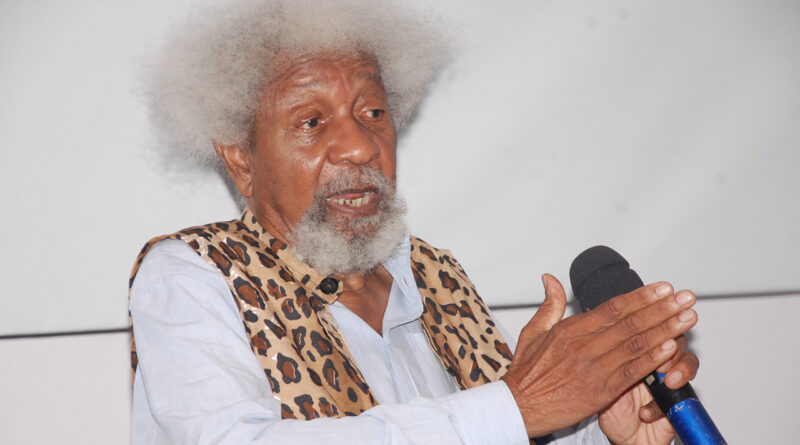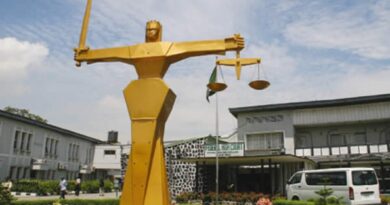Wole Soyinka: US Visa Revocation and His Stand
Wole Soyinka: US Visa Revocation and His Stand
1. What happened
The US government revoked Soyinka’s nonimmigrant (B1/B2) visa. A letter dated 23 October 2025 from the U.S. Consulate General Lagos informed him that under U.S. regulations, “additional information became available after the visa was issued” and the visa was “no longer valid for entry into the United States.”
Soyinka, aged 91 and the first African to win the Nobel Prize in Literature in 1986, confirmed the development publicly in Lagos. He declared: “I have no visa; I am banned, obviously, from the United States.”
2. His background on US residency and green card
Soyinka previously held a U.S. green card (permanent residency) but destroyed it in 2016 in protest at the election of Donald Trump, saying he had “a horror of what is to come with Trump… I threw away the card.”
He had also publicly predicted that under Trump the U.S. might cancel green cards or revoke visas, reflecting his deep skepticism about the U.S. immigration posture.
3. What Soyinka says about the revocation
Despite the revocation, Soyinka maintains he had not committed any crime or misdemeanor.
“I’m still looking into my past history… I don’t have any criminal record or even a misdemeanor to qualify for the revocation.”
>He suggested that his outspoken criticism of Trump may have provoked the decision, particularly his public comparison of Trump to the Ugandan dictator Idi Amin.
>He also said he is content with the outcome: “I want to assure the consulate that I’m very content with the revocation of my visa.”
>He emphasized that this isn’t purely a personal issue but relates to broader principles of dignity, how states treat individuals and minorities, and the rights of people even when they are outside a given system.
ALSO READ: Hundreds Find Faith at Mississippi Go Tell Crusade
4. US Government’s stance
The U.S. Embassy in Nigeria reiterated that visas are privileges, not rights, and that they may be revoked at any time under U.S. law.
They did not provide specific reasons for Soyinka’s revocation, citing confidentiality of visa records.
5. Significance and implications
The revocation underlines how visa and immigration policies can be used as levers of diplomacy, personal confrontation, and symbolic messaging, especially when high profile figures are involved.
For a figure like Soyinka, the move becomes more than travel logistics. It is layered with questions of free speech, power, global mobility, and unequal treatment of citizens abroad.
The incident may send a message to other critics or intellectuals abroad, raising concerns about how diaspora voices are treated within global mobility regimes.
It also reflects broader recent changes in U.S. visa policy toward Nigerians and Africans. For example, Nigeria was designated a “Country of Particular Concern” by the U.S., and nonimmigrant visa rules for Nigerians were recently tightened, with single entry and three-month validity.
ALSO READ: My Energy Comes from God’s Word -Bishop Abioye
6. What’s next and what it means for Soyinka
Soyinka says he will not reapply for a visa: “I won’t take the initiative myself because there’s nothing I am looking for in the U.S.”
He remains firmly based in Nigeria and continues his literary and public life without relying on U.S. mobility.
The broader consequence is that his case may become a landmark example of how mobility, privilege, dissent, and geopolitics intersect in the 21st century.
Conclusion
The visa revocation of Wole Soyinka is at once personal and symbolic. It involves a world renowned intellectual whose mobility has been curtailed because of shifting immigration rules, possible political motivations, and the power of the state to control entry. Whether or not his criticisms of Trump were the direct cause, the event raises important questions about how free speech, borders, and global inequality interact.
Content Credit: Ohidah Oluwaferanmi
Image Credit: The Guardian.com




